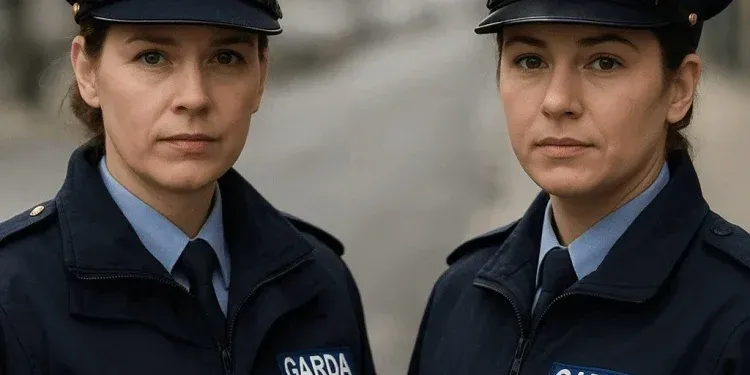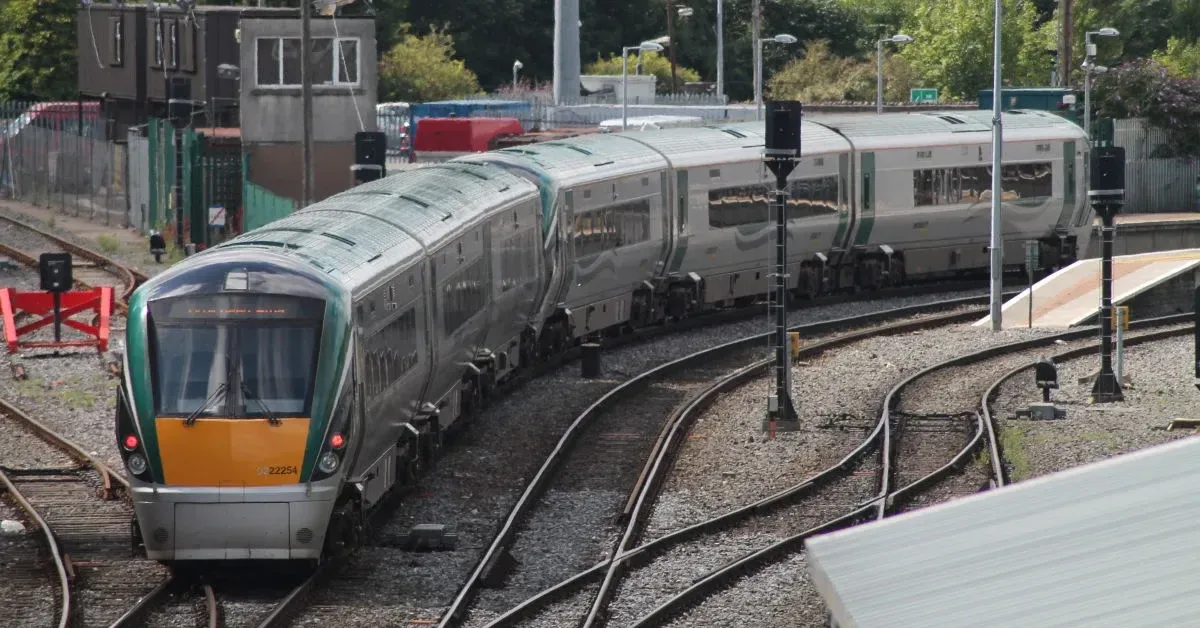Dublin, Ireland —
A damning new report into the performance of Ireland’s roads policing units has uncovered what senior Garda officials are calling a “significant and deeply concerning” level of disengagement among certain officers tasked with enforcing traffic laws.
The Crowe report, published today, found that while many members of An Garda Síochána’s Roads Policing Unit remain professional, motivated, and productive, a notable proportion have demonstrated low productivity, general disinterest, and even deliberate attempts to avoid work.
Officers Deliberately Ignoring Offences
The inquiry team reported instances where gardaí deliberately failed to address traffic offences. Some officers were found operating patrol cars with Automatic Number Plate Recognition (ANPR) systems switched off or intentionally misaligned. In one striking example, a patrol car’s forward-facing ANPR camera had been turned toward the rear-view mirror to obscure its field of vision, effectively preventing the detection of speeding vehicles or identifying stolen or untaxed cars.
ANPR technology is designed to automatically flag speeding drivers and alert officers to vehicles that are stolen, untaxed, or otherwise suspect. The deliberate disabling of such systems undermines road safety enforcement efforts.
Commissioner Harris: “Underperformance Cannot Be Tolerated”
Garda Commissioner Drew Harris acknowledged the mixed picture presented by the report, noting that while the majority of roads policing gardaí take their roles seriously, the “significant cohort” of officers who are disinterested or evasive represents a real problem.
“This is very disappointing,” Harris said. “The fact that some Roads Policing Gardaí openly explained to the researchers how they go about avoiding work is unacceptable. Underperformance must be addressed collectively.”
Vacancies and Staffing Crisis
The report also highlighted a worrying shortage of officers in roads policing. Compared to 2009, the units now have 40% fewer members, with vacancies at the supervisor level particularly problematic. This shortage is believed to have a direct impact on enforcement capability and overall road safety.
Assistant Commissioner Paula Hilman described the productivity findings as “difficult reading” and admitted that addressing the issue will require targeted management action.
Supervisors ‘Don’t Know How’ to Improve Performance
Deputy Commissioner Shawna Coxon suggested that inadequate supervision could be partly to blame. While some supervisors are eager to address underperformance, they reportedly “don’t know how” to do so effectively. She also noted that some may have viewed disciplinary measures as too harsh.
Coxon emphasised that roads policing is a priority for the entire organisation, pointing out that enforcement work is often carried out by non-specialist units as well. “If the number of fatalities was one, we’d still be taking it seriously,” she said.
Impact on Road Safety
Although the report did not directly link the underperformance to specific road fatalities, the implications for road safety are clear. The failure to enforce traffic laws, particularly by officers with the technology and authority to do so, risks enabling dangerous driving behaviours and undermining public trust in law enforcement.
The inquiry team engaged with over 100 members of An Garda Síochána during their research. No individual officers were named, meaning it remains unclear whether any disciplinary action will follow.







